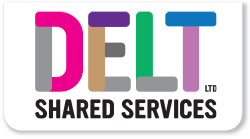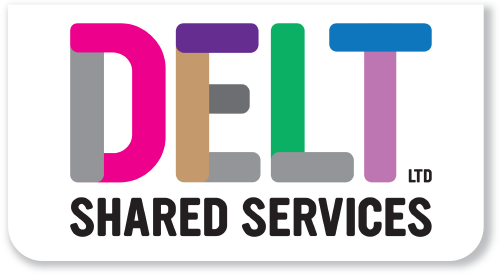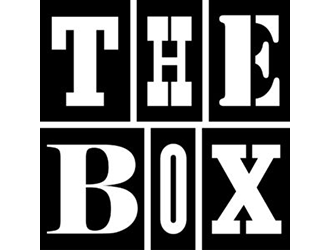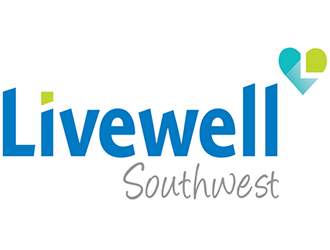Matt Brown – Chief Project Officer
Matt joined Delt in April 2017 and has lived in Devon for most of his life, though his career has taken him across the UK and into Europe.
Initially trained as a Management Accountant, he transitioned into IT Project Delivery, where he has spent much of his career delivering projects, managing programmes, and overseeing Project Management Offices in both public and private sector organisations. Matt lives in Exeter with his wife and children and is an avid Exeter City FC supporter, even serving as chairman for a local football team. On weekends, he enjoys cycling and running through Devon’s beautiful countryside.
Matt is deeply passionate about delivering projects that support customers in improving lives throughout the South West.





